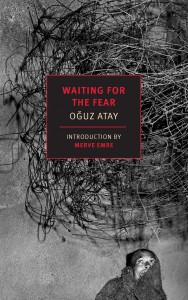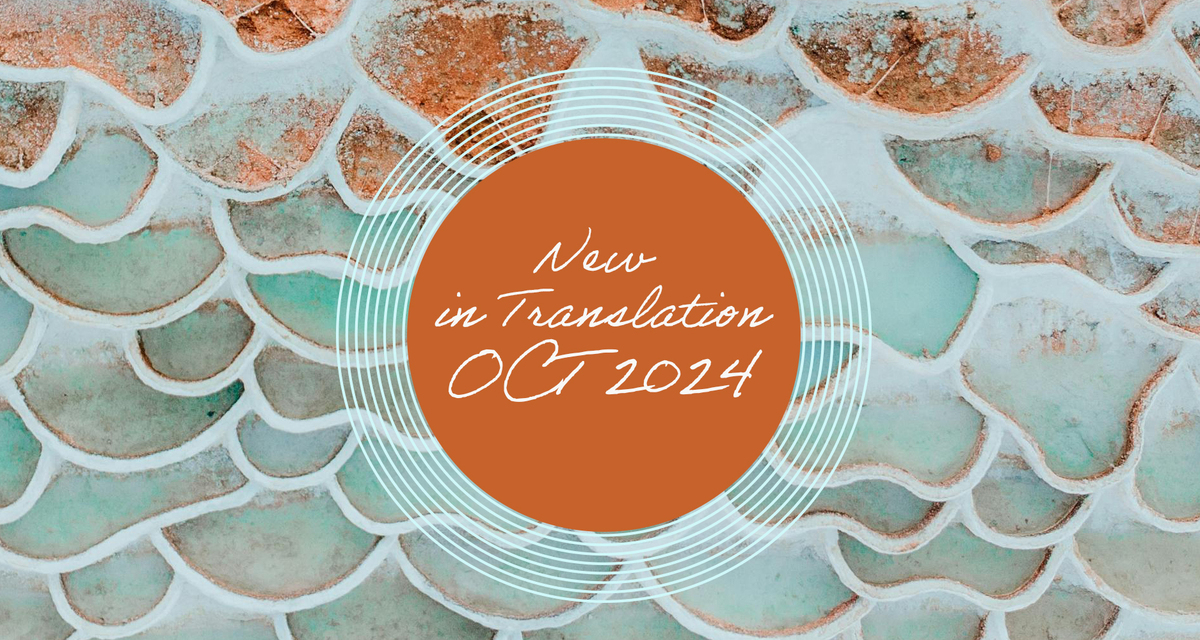In this month’s roundup of newly published translations, we introduce nine works from nine countries: Turkey, Germany, Brazil, Argentina, Cameroon, Sweden, Chile, France, and Cuba. From a politically tuned memoir embedded with a familial conscience to a series of poems that consider diasporic experience through the lens of spectatorship—read on to find out more!

Waiting for the Fear by Oğuz Atay, translated from the Turkish by Ralph Hubbell, New York Review Books, 2024
Review by Christopher Higgs
The oft quoted line from Jean-Paul Sartre’s No Exit, “Hell is other people,” reverberates conceptually across Oğuz Atay’s Waiting For The Fear like a heavy skipping stone slumping across the surface of dark waters. Yet, in each of the collection’s eight stories, a confounding tension arises between the book’s Sartrean misanthropy and another seemingly competing desire: a strong craving to communicate, a yearning to connect. While Atay’s characters avoid human contact, holding deep disdain and even loathing for other people, they still thrum with a surreal pulse, a quivering mixture of rage and sadness in which their hatred comingles with a cry of the heart; they are desperate to embrace, to be accepted, to be acknowledged and valued, to be seen and heard by others. Six of the eight stories, for example, are epistolary, while the others rely on letters as plot devices. When the concept of written communication isn’t foregrounded, the narratives still hinge on concepts of storytelling, connecting, and sharing. READ MORE…


